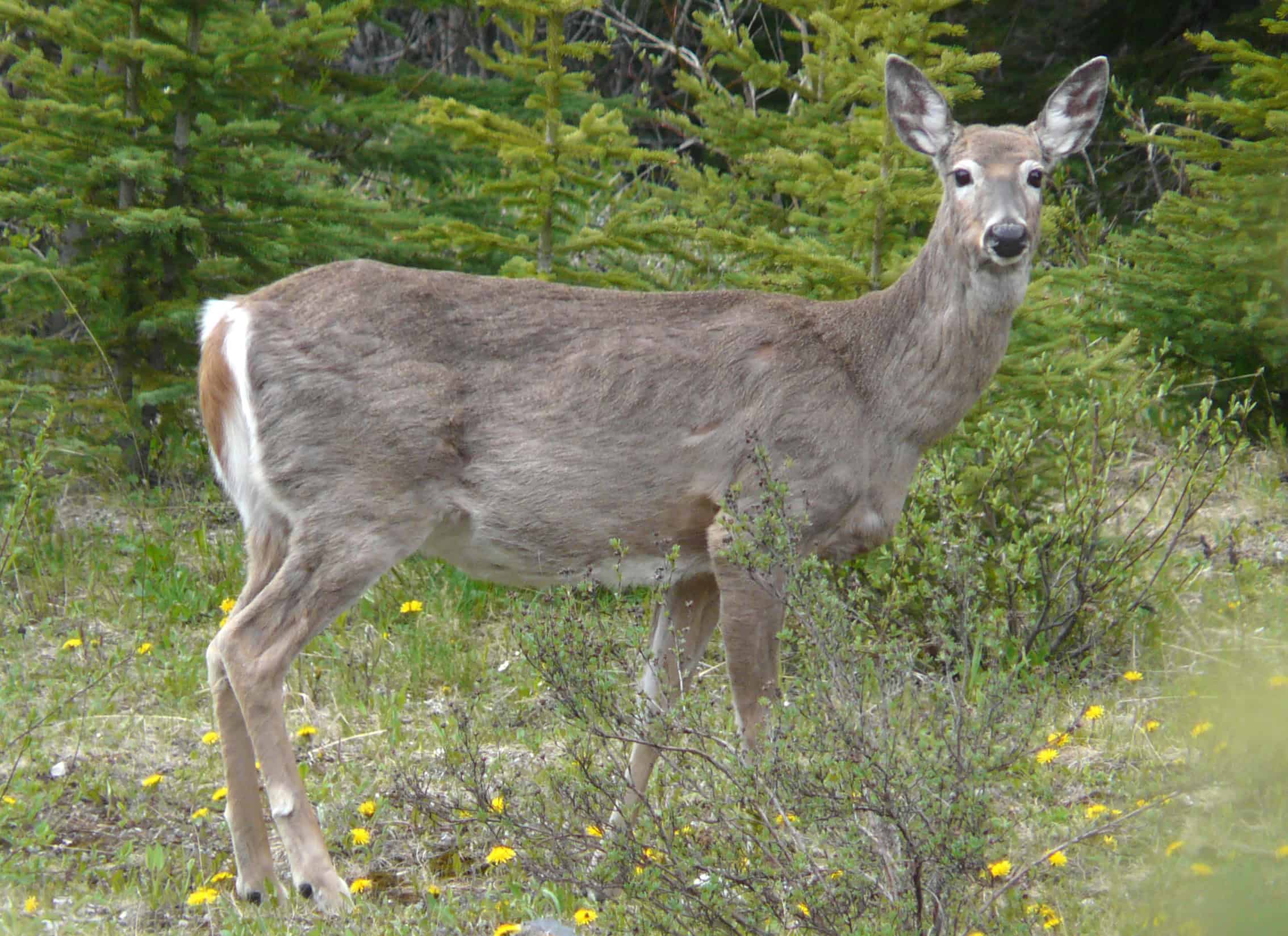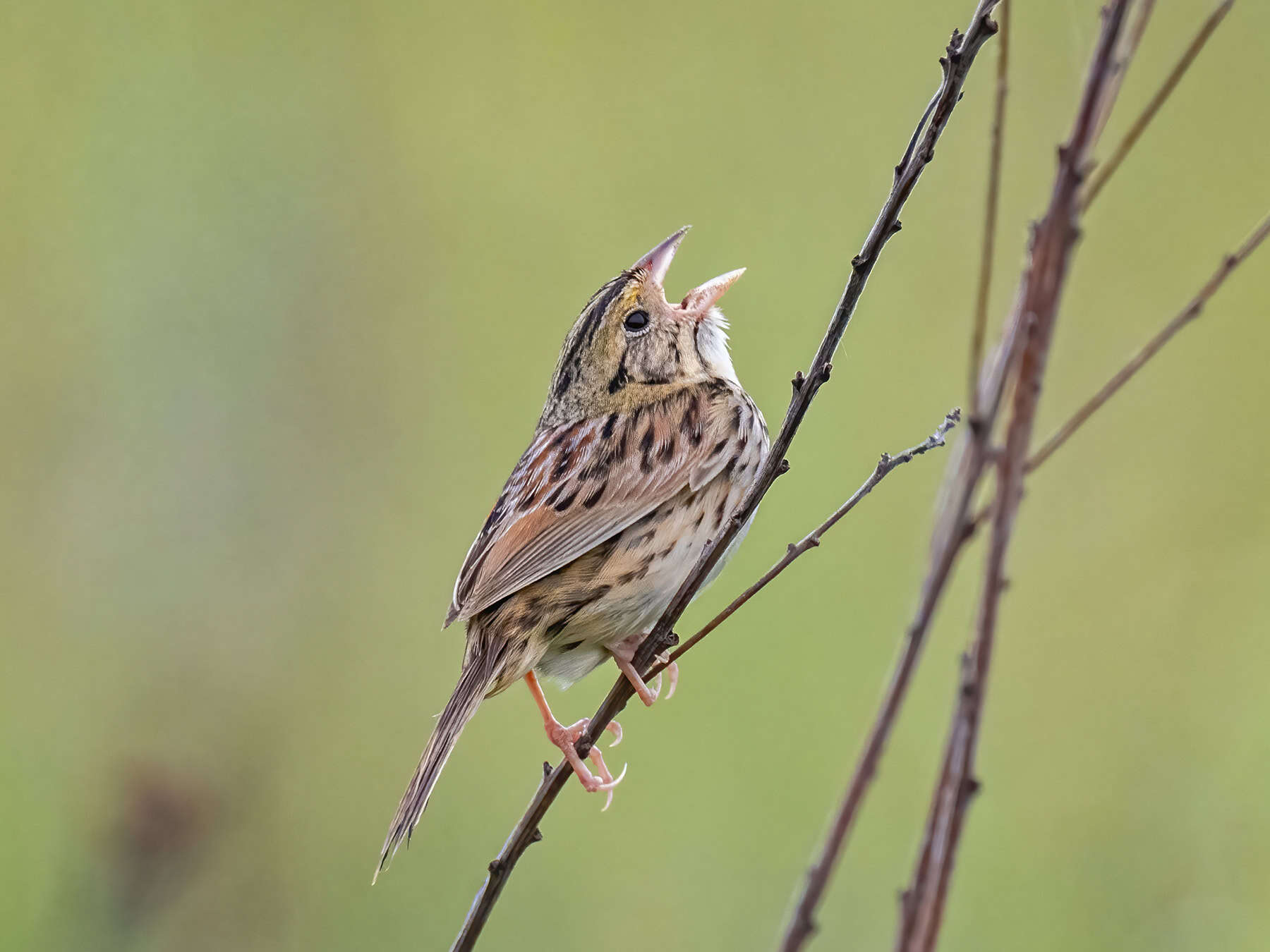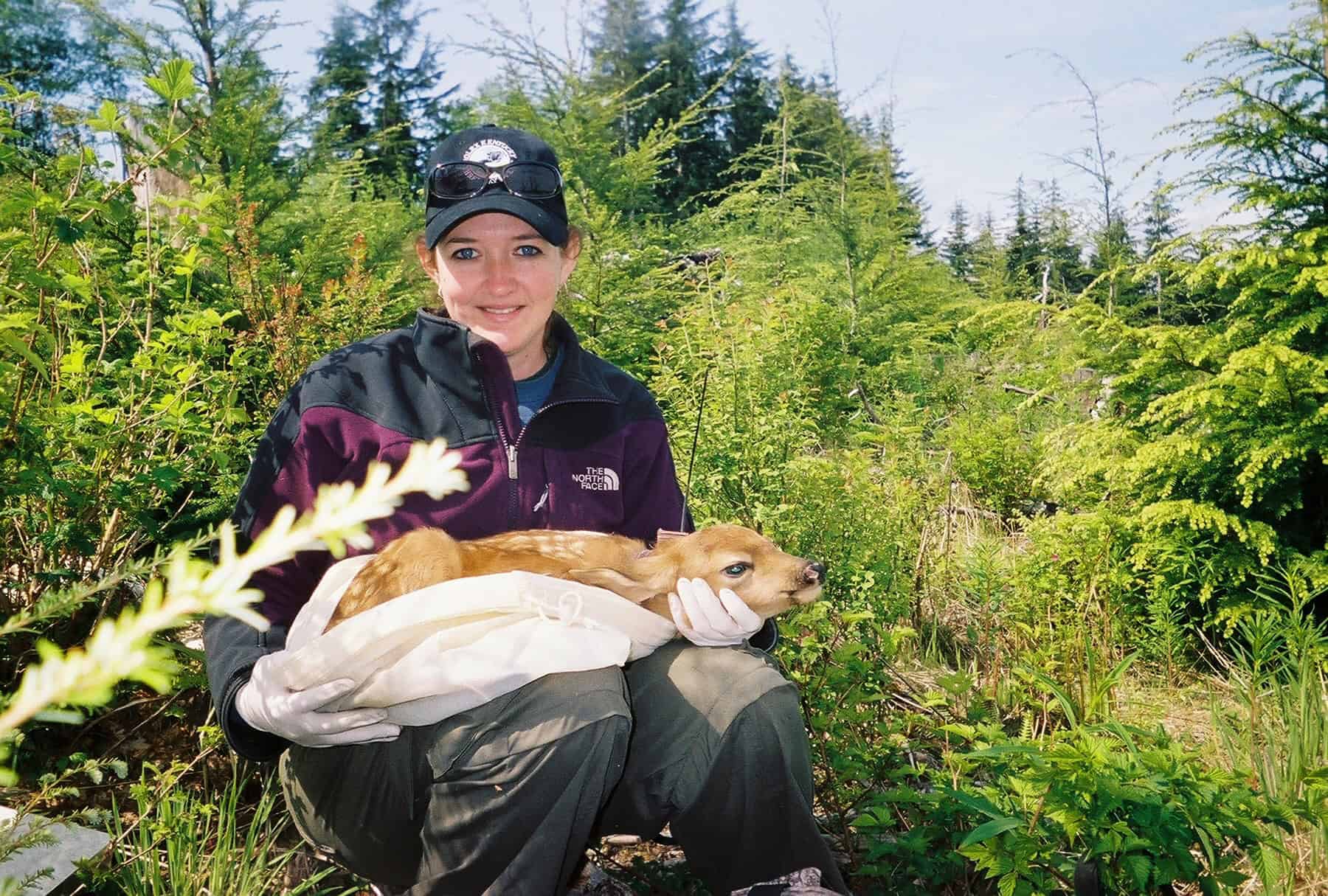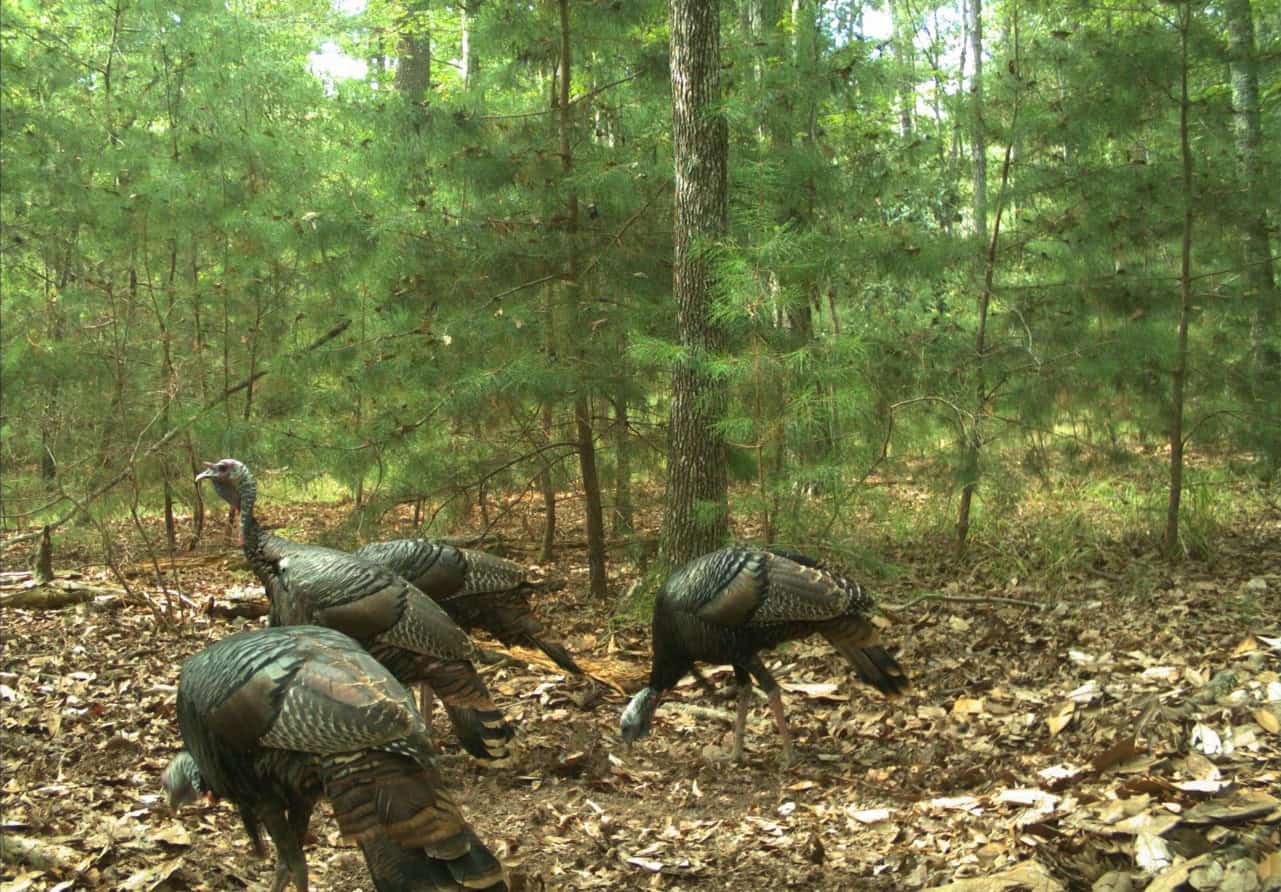Share this article
Wildlife Featured in this article
- White-tailed deer
- Woodland caribou
- Gray wolf
As deer shift northward, caribou decline
Climate change is pushing white-tailed deer into western Canada’s boreal forest
As the climate changes, white-tailed deer are shifting northward into western Canada’s boreal forest. But what’s good for deer isn’t necessarily good for caribou.
“The expansion of white-tailed deer into the boreal forest has been linked to caribou declines,” said Melanie Dickie, a doctoral student with the University of British Columbia’s Okanagan’s Wildlife Restoration Ecology Lab.
In a study published in Global Change Biology, researchers looked at the northward movement of white-tailed deer (Odocoileus virginianus) as climate change creates milder winters and forestry and energy exploration create new food sources for deer. They found that the expansion is uprooting existing predator-prey dynamics, creating concerns for species like the threatened woodland caribou (Rangifer tarandus caribou).
The incursion of deer is accompanied by rising numbers of gray wolves (Canis lupus). The wolves also prey on caribou, which conservationists are trying to recover.
“Deer can handle high predation rates, but caribou cannot,” Dickie said.
Header Image: White-tail deer are expanding north as the climate changes. Credit: Carron Brown








